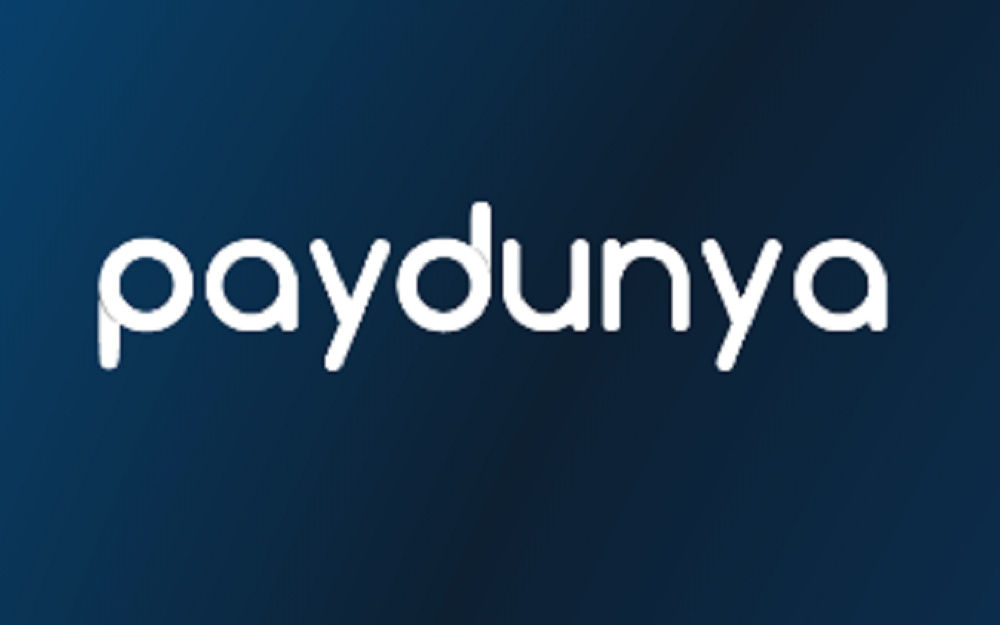It’s 2013, and Senegalese techies Aziz Yerima, Honoré Hounwanou and Christian Palouki, are working with a local women’s association to help them set up an online presence to sell their cereal products. They stumble across a problem: none of them have a bank card.
Without the bank card, no one is able to pay for the new website’s domain name. In fact, there’s another problem: PayPal isn’t available for African businesses to accept payments, so how exactly are the ladies going to sell their products online?
The trio put their heads together, and 18 months later they launch their solution to market – PayDunya.
PayDunya is an easy-to-use universal multi-channel payment gateway and solutions provider, offering a single API for e-businesses anywhere in the world to process payments from and to African customers via mobile money, money transfer and credit cards.
Since launching in November 2015, the company has onboarded 30 merchants in Senegal, and has expanded outside the country with 10 international merchants.
Onboarding, says Yerima, is one of the startup’s key competitive advantages.
“Our two key competitive advantages are, first, our one-stop-shop approach to collecting and disbursing payments through all existing digital payment channels; and the second is that our full merchant onboarding is completed in less than 30 minutes,” he says.
This is one way in which PayDunya is targeting the startup merchant market – by understanding the need for admin-light processes, and all-in-one solutions.
In fact, PayDunya has a long-term journey in mind, and plans to iterate its offerings to become a comprehensive support solutions provider for startups.
“It’s not about being another payment solution. It’s about being a payment company for startups and e-businesses,” Yerima says.
“Most payment solutions just provide a payment gateway or payment solutions without current iteration, and no options and value-added options to make startups’ and e-businesses’ workflow easier. We focus not only on payment digitalization,” he says.
Charging a four per cent commission fee per transaction, the startup currently processes an average US$60,000 per month.
PayDunya has to date been self-funded, but the startup is now looking to raise a seed round to expand its solution around Francophone Africa, and eventually build out a range of complementary services.
“Our first focus is to serve Francophone countries because of the lack of suitable payment solutions,” Yerima says.
“Our long-term vision is to be the WeChat of Africa – we want to provide all kinds of daily services, including payments solutions and an artificial intelligence-based personal assistant.”


